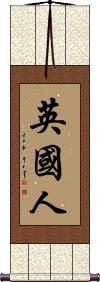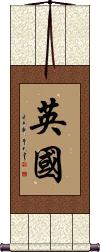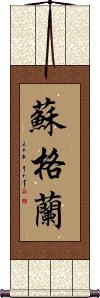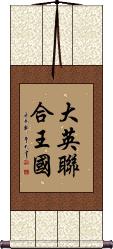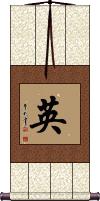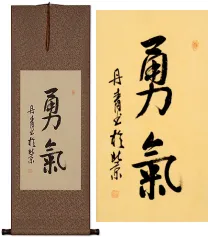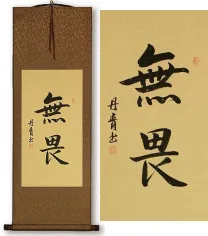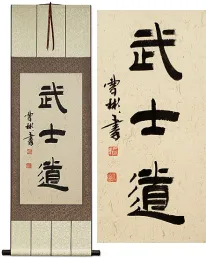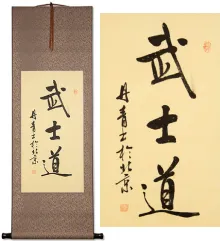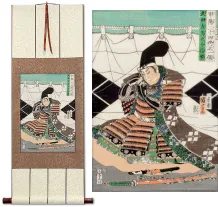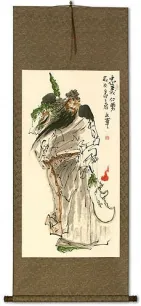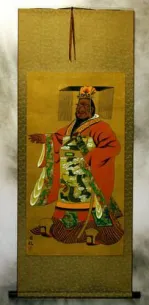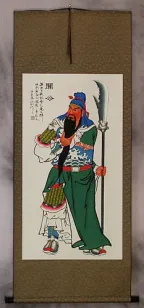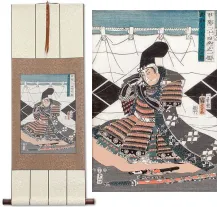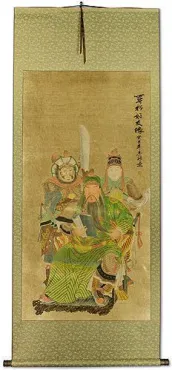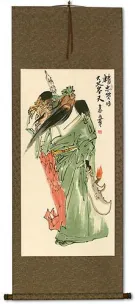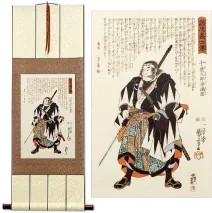Courage Chinese / Japanese Calligraphy Wall Scrolls
You can create a custom courage wall scroll for your home, office, or dojo here!
Start your courage calligraphy project by clicking on the button next you your favorite courage-related title below...
English / Briton / Person from England
England
This is the Chinese name for the country of England.
See Also: Great Britain | United Kingdom | Ireland | Scotland | Northern Ireland | Europe
Great Britain
This is the Chinese name for Great Britain.
See Also: England | United Kingdom | Scotland | Ireland | Europe
Ireland
This is the Chinese name for the country of Ireland.
See Also: Northern Ireland | Great Britain | England | Scotland | United Kingdom | Europe
Scotland
蘇格蘭 is the Chinese name for Scotland.
See Also: Great Britain | United Kingdom | England | Northern Ireland | Ireland | Europe
United Kingdom
大英聯合王國 is the Chinese name for the United Kingdom.
See Also: Great Britain | England | Scotland | Ireland | Europe
United Kingdom
This is the most common Japanese name for the United Kingdom.
See Also: Great Britain | England | Scotland | Ireland | Europe
England
Can mean: Courage / Bravery
In Chinese, Japanese, and old Korean, 英 can often be confused or read as a short name for England (this character is the first syllable of the word for England, the English language, the British Pound, and other titles from the British Isles).
In some contexts, this can mean “outstanding” or even “flower.” But it will most often read as having something to do with the United Kingdom.
This is not the most common way to say hero, courage or bravery but you may see it used sometimes.
I strongly recommend that you choose another form of courage/bravery.
This in-stock artwork might be what you are looking for, and ships right away...
Gallery Price: $79.00
Your Price: $43.88
Gallery Price: $200.00
Your Price: $98.88
Gallery Price: $87.00
Your Price: $47.88
Gallery Price: $106.00
Your Price: $58.88
Gallery Price: $40.00
Your Price: $16.88
Gallery Price: $200.00
Your Price: $88.88
Gallery Price: $200.00
Your Price: $79.88
Gallery Price: $200.00
Your Price: $88.88
Gallery Price: $108.00
Your Price: $59.88
The following table may be helpful for those studying Chinese or Japanese...
| Title | Characters | Romaji (Romanized Japanese) | Various forms of Romanized Chinese | |
| English Briton Person from England | 英國人 英国人 | ei koku jin eikokujin | yīng guó rén ying1 guo2 ren2 ying guo ren yingguoren | ying kuo jen yingkuojen |
| England | 英國 英国 | yīng guó / ying1 guo2 / ying guo / yingguo | ying kuo / yingkuo | |
| Great Britain | 大不列顛 大不列颠 | dà bù liè diān da4 bu4 lie4 dian1 da bu lie dian dabuliedian | ta pu lieh tien tapuliehtien |
|
| Ireland | 愛爾蘭 爱尔兰 | ài ěr lán ai4 er3 lan2 ai er lan aierlan | ai erh lan aierhlan |
|
| Scotland | 蘇格蘭 苏格兰 | sū gé lán su1 ge2 lan2 su ge lan sugelan | su ko lan sukolan |
|
| United Kingdom | 大英聯合王國 大英联合王国 | dài yīng lián hé wáng guó dai4 ying1 lian2 he2 wang2 guo2 dai ying lian he wang guo daiyinglianhewangguo | tai ying lien ho wang kuo taiyinglienhowangkuo |
|
| United Kingdom | 連合王國 連合王国 | rengououkoku / rengookoku rengokoku / rengokoku | ||
| England | 英 | ei | yīng / ying1 / ying | |
| In some entries above you will see that characters have different versions above and below a line. In these cases, the characters above the line are Traditional Chinese, while the ones below are Simplified Chinese. | ||||
